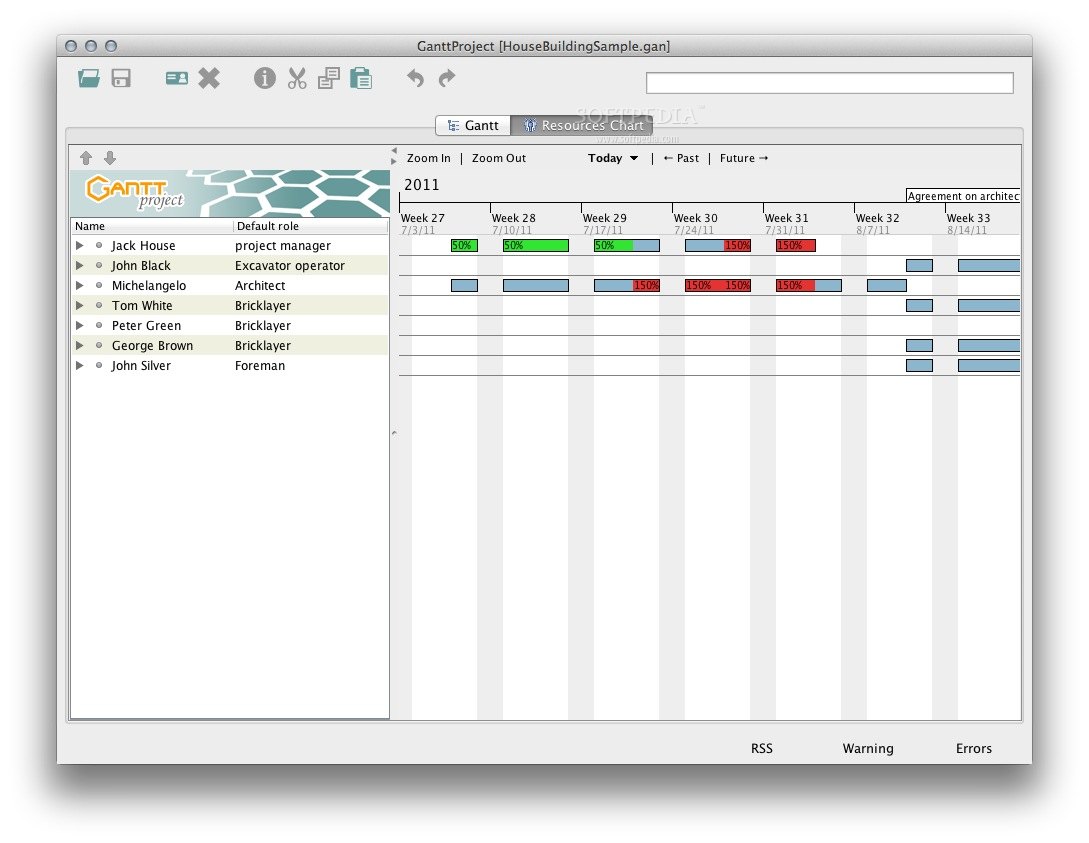

List each task is a separate row and structure your project plan by including the Start date, End date and Duration, i.e. You start by entering your project's data in an Excel spreadsheet. We will be using Excel 2010 for this Gantt chart example, but you can simulate Gantt diagrams in any version of Excel 2013 through Excel 365 in the same way. Please follow the below steps closely and you will make a simple Gantt chart in under 3 minutes. However, you can quickly create a Gantt chart in Excel by using the bar graph functionality and a bit of formatting. Regrettably, Microsoft Excel does not have a built-in Gantt chart template as an option. A Gantt chart illustrates the breakdown structure of the project by showing the start and finish dates as well as various relationships between project activities, and in this way helps you track the tasks against their scheduled time or predefined milestones. A Gantt diagram in Excel represents projects or tasks in the form of cascading horizontal bar charts. The Gantt chart bears a name of Henry Gantt, American mechanical engineer and management consultant who invented this chart as early as in 1910s.

This short tutorial will explain the key features of the Gantt diagram, show how to make a simple Gantt chart in Excel, where to download advanced Gantt chart templates and how to use the online Project Management Gantt Chart creator. However, one graph type remains opaque to many - the Gantt chart.

I believe, every Excel user knows what a chart is and how to create it. If you were asked to name three key components of Microsoft Excel, what would they be? Most likely, spreadsheets to input data, formulas to perform calculations and charts to create graphical representations of various data types.


 0 kommentar(er)
0 kommentar(er)
